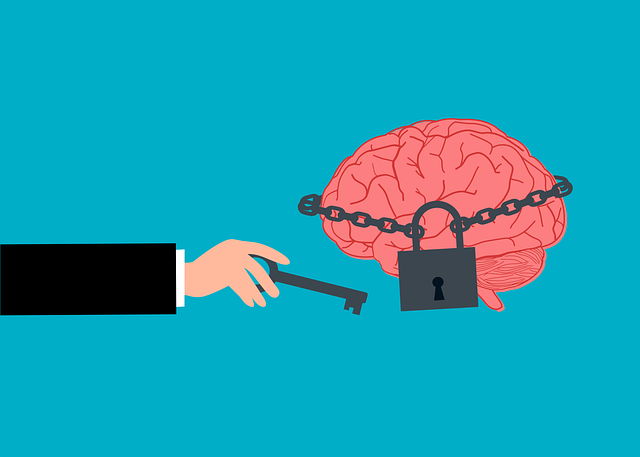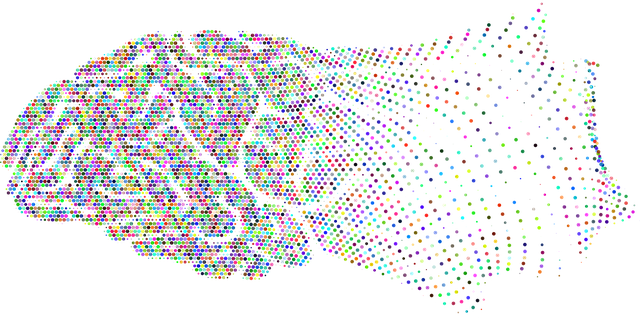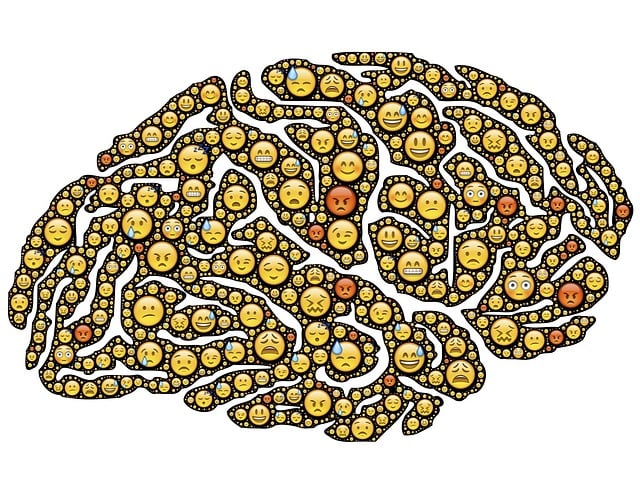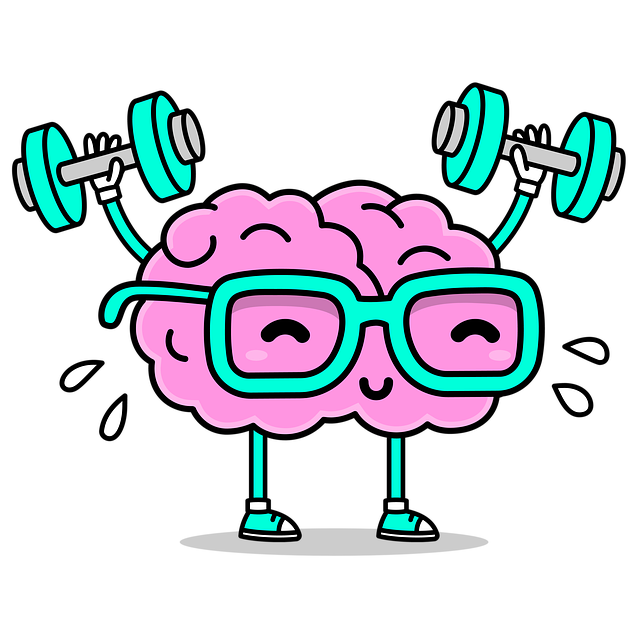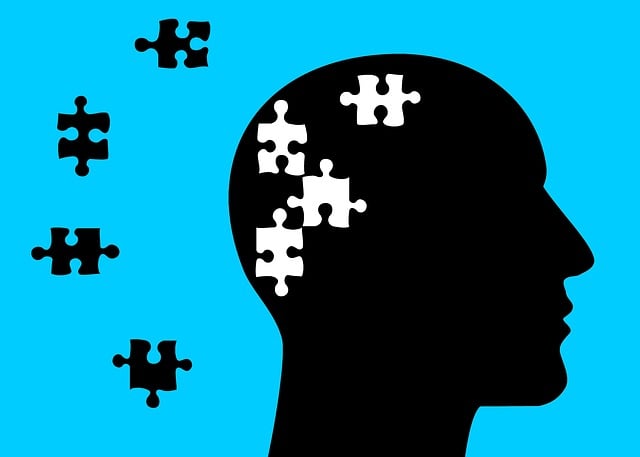Englewood ADD-ADHD Therapy offers personalized mental wellness coaching to combat growing anxiety, depression, and undiagnosed conditions like ADHD. Through risk assessments, evidence-based practices (CBT, mindfulness), and tailored interventions, they empower individuals with coping skills for improved emotional well-being. Their supportive environment promotes open dialogue, fostering self-acceptance and resilience. Measuring client KPIs and qualitative feedback drives continuous improvement, enhancing mental health literacy in the community.
Mental wellness coaching programs are gaining prominence as essential tools for fostering holistic well-being. This article explores the development and impact of such programs, with a specific focus on addressing Attention Deficit Disorder (ADD) and Attention Deficit Hyperactivity Disorder (ADHD). We delve into strategies for designing effective coaching protocols, integrating evidence-based practices, and creating supportive environments tailored to client needs. By examining these key areas, including insights from Englewood ADD-ADHD Therapy, this piece highlights the measurable benefits of mental wellness coaching.
- Understanding the Need for Mental Wellness Coaching Programs
- Designing Effective Coaching Protocols for ADD/ADHD
- Incorporating Evidence-Based Practices in Coaching
- Creating a Supportive Environment for Client Success
- Measuring and Evaluating the Impact of Coaching Programs
Understanding the Need for Mental Wellness Coaching Programs

In today’s fast-paced and often stressful world, mental wellness is a crucial aspect of overall health that deserves meticulous attention. The demands of modern life can weigh heavily on individuals, leading to increased anxiety, depression, and other mental health challenges. This is where Mental Wellness Coaching Programs step in as transformative tools, offering tailored support for those seeking to navigate their emotional well-being. By addressing the growing need for accessible mental health resources, these programs aim to empower individuals to take charge of their minds and foster a sense of resilience.
Englewood ADD-ADHD Therapy, for instance, highlights the importance of early intervention and personalized coaching strategies. Many people struggle with undiagnosed conditions like Attention Deficit Hyperactivity Disorder (ADHD), which can significantly impact daily functioning. Through comprehensive risk assessments tailored to mental health professionals, these programs identify potential issues, enabling the implementation of effective burnout prevention strategies for healthcare providers. By promoting confidence-boosting techniques and providing a safe space for emotional expression, Mental Wellness Coaching Programs play a vital role in enhancing overall mental wellness and preventing more severe psychological ailments.
Designing Effective Coaching Protocols for ADD/ADHD

Designing effective coaching protocols for Attention Deficit Disorder (ADD) and Attention Deficit Hyperactivity Disorder (ADHD) is a specialized task that requires tailored approaches to cater to the unique challenges faced by individuals with these conditions. In the context of Englewood ADD-ADHD Therapy, coaches play a pivotal role in empowering clients to manage their symptoms and improve overall mental wellness. The initial step involves thorough risk assessment for mental health professionals, ensuring they are equipped to handle the complexities of ADD/ADHD while fostering an environment of non-judgmental understanding.
Coaching protocols should focus on developing structured yet flexible strategies that accommodate the dynamic nature of these disorders. This includes teaching clients effective time management skills, improving organizational techniques, and incorporating mindfulness practices to enhance focus and concentration. By integrating Mental Illness Stigma Reduction Efforts, coaches can create a supportive space, encouraging emotional healing processes and fostering self-acceptance. Through personalized goal setting and regular feedback mechanisms, coaching programs can offer sustainable solutions for managing ADD/ADHD symptoms, ultimately leading to improved life satisfaction and well-being.
Incorporating Evidence-Based Practices in Coaching

Incorporating evidence-based practices is a cornerstone of developing effective mental wellness coaching programs. Techniques such as cognitive-behavioral therapy (CBT), mindfulness, and positive psychology have been extensively studied and proven to improve symptoms of anxiety, depression, and other common mental health challenges, including those experienced by individuals with Englewood ADD-ADHD Therapy. Coaches who integrate these strategies into their sessions can provide structured support that encourages clients to challenge negative thought patterns, develop healthier coping mechanisms, and enhance overall well-being.
Effective communication strategies are also vital. Mentoring coaches to engage in active listening, empathetic understanding, and open dialogue fosters a safe space for clients to express their experiences and emotions. This promotes self-awareness and reflection, key components of emotional intelligence, which in turn strengthens the therapeutic alliance. By combining evidence-based practices with strong communication techniques, mental wellness coaching programs can significantly contribute to improving Mental Health Awareness and empowering individuals to take charge of their psychological health.
Creating a Supportive Environment for Client Success

In developing Mental Wellness Coaching programs, cultivating a supportive environment is paramount for client success. This involves creating a safe and non-judgmental space where individuals feel empowered to explore their mental health challenges openly. At Englewood ADD-ADHD Therapy, we prioritize empathy building strategies that foster trust and understanding, encouraging clients to share their unique experiences without fear of stigma or criticism. By fostering positive thinking, our coaches guide participants through the process of identifying and implementing coping skills development tailored to their specific needs.
The supportive environment extends beyond words; it is reflected in the design of our coaching sessions, which are structured to be engaging, flexible, and inclusive. We recognize that every client has a unique journey, and so our programs adapt to accommodate different learning styles and preferences. Through active listening and tailored interventions, we ensure that clients leave each session equipped with practical tools for managing their mental wellness effectively, fostering resilience, and achieving lasting positive outcomes.
Measuring and Evaluating the Impact of Coaching Programs

Measuring the impact of mental wellness coaching programs is crucial to understanding their effectiveness and ensuring continuous improvement. This process involves meticulously tracking key performance indicators (KPIs) specific to each program’s goals. For instance, in the context of Englewood ADD-ADHD Therapy, assessing improvements in clients’ focus, organizational skills, and overall productivity can be quantifiable metrics. Qualitative feedback from both clients and coaches also plays a significant role, providing insights into the coaching methods’ success and areas that require refinement.
Evaluating these programs doesn’t stop at individual client levels; it extends to broader impacts on public awareness campaigns development and cultural sensitivity in mental healthcare practice. By analyzing aggregate data, we can determine the program’s contribution to raising mental health literacy among the community. Moreover, risk management planning for mental health professionals becomes more effective when tied to such evaluations, ensuring that coaching methods align with evidence-based practices and adhere to ethical standards.
Mental wellness coaching programs, as demonstrated through evidence-based practices like those offered by Englewood ADD-ADHD Therapy, are vital tools for enhancing individual well-being. By incorporating tailored coaching protocols, supportive environments, and rigorous evaluation methods, these programs empower individuals to navigate life’s challenges with resilience. As the demand for mental health support continues to grow, well-designed coaching initiatives can revolutionize care, offering accessible and effective solutions for improved mental wellness.
